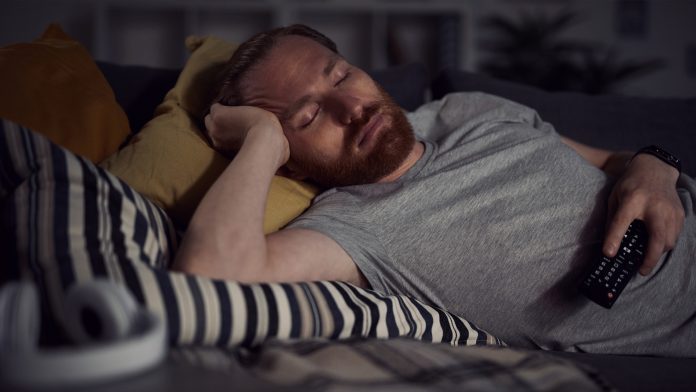
How does sleeping with lights on impact overall health status? A new study reveals the extent to which light exposure during sleep can harm health.
A new study by Northwestern University found that sleeping with lights regardless of ambience harms cardiovascular function during sleep and increases insulin resistance the following morning, in comparison to sleeping in a dimly lit room.
“The results from this study demonstrate that just a single night of exposure to moderate room lighting during sleep can impair glucose and cardiovascular regulation, which are risk factors for heart disease, diabetes and metabolic syndrome,” said senior study author Dr Phyllis Zee, chief of sleep medicine at Northwestern University Feinberg School of Medicine and a Northwestern Medicine physician. “It’s important for people to avoid or minimise the amount of light exposure during sleep.”
Previous evidence has shown that light exposure during the day increases heart rate via activation of the sympathetic nervous system, which kicks your heart into high gear and heightens alertness to meet the challenges of the day. A similar effect was discovered by the researchers when sleeping with lights on at night.
The study was published in PNAS.
The effects of sleeping with lights on
“We showed your heart rate increases when you sleep in a moderately lit room,” said Dr Daniela Grimaldi, a co-first author and research assistant professor of neurology at Northwestern. “Even though you are asleep, your autonomic nervous system is activated. That’s bad. Usually, your heart rate together with other cardiovascular parameters are lower at night and higher during the day.”
The sympathetic and parasympathetic nervous systems regulate physiology during day and night with sympathetic activating during the day and parasympathetic takes control at night as a way to restore the entire body.
Furthermore, the team of investigators learned that insulin resistance occurred the morning after following an individual sleeping with lights on or with natural lighting. Insulin resistance is a reaction by the body whereby cells in muscles, fat and liver do not respond well to insulin and cannot utilise glucose from the blood for energy. To subsidise insulin resistance, the pancreas generates more insulin and over time, blood sugar increases.
An earlier study published in JAMA Internal Medicine looked at a large population of healthy people who had exposure to light during sleep. They were more overweight and obese, Zee said.
“Now we are showing a mechanism that might be fundamental to explain why this happens,” Zee said. “We show it’s affecting your ability to regulate glucose.”
The participants in the study weren’t aware of the biological changes in their bodies at night.
“But the brain senses it,” Grimaldi said. “It acts like the brain of somebody whose sleep is light and fragmented. The sleep physiology is not resting the way it’s supposed to.”
Improving heart health during the night
Sleeping with lights on during the night is common, either from indoor light-emitting devices or from sources outside the home, particularly in large urban areas. Up to 40% of people are sleeping with lights on, whether that’s a bedside lamp or keeping the television on.
“In addition to sleep, nutrition and exercise, light exposure during the daytime is an important factor for health, but during the night, we show that even modest intensity of light can impair measures of heart and endocrine health,” Zee said.
The study tested the effect of sleeping with lights on employing 100 lux (moderate light) compared to a 3 lux (dim light) in participants over a single night. The investigators found that moderate light exposure caused the body to go into a higher alert state. Within this state, the heart rate increases, the heart is forced to contract and the rate of how fast the blood is conducted to your blood vessels for oxygenated blood flow.
“These findings are important, particularly for those living in modern societies where exposure to indoor and outdoor night-time light is increasingly widespread,” Zee said
























